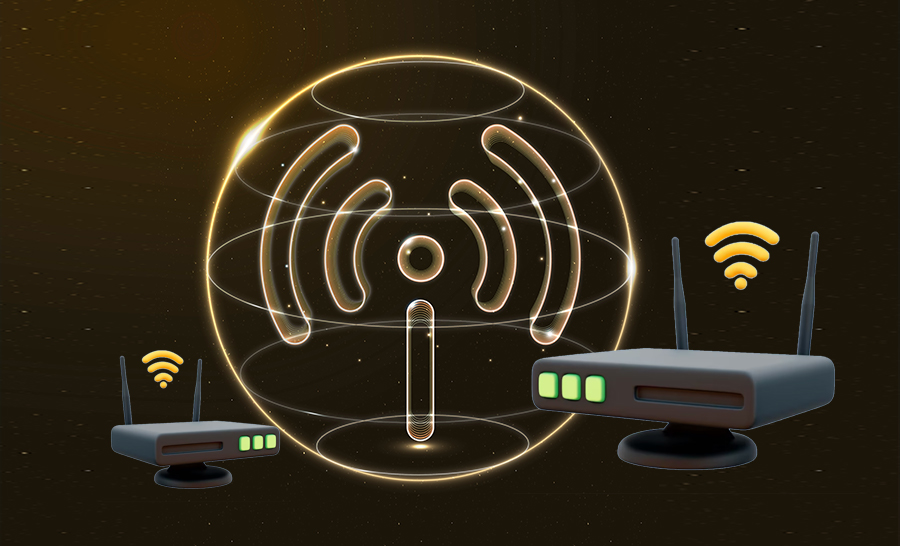
For organizations that rely heavily on digital technologies for their operations, a strong digital immune system has emerged as an essential element in the current digital landscape. The risk of cyber attacks has increased dramatically due to the widespread use of the internet, cloud computing, and the Internet of Things (IoT). Constantly coming up with new ways to hack into digital systems and steal sensitive data, cybercriminals are on the cutting edge of technology. Organizations must stay one step ahead of these threats in order to protect their assets and reputation.
In order to defend against various cyber threats, a comprehensive digital immune system includes a variety of technologies and procedures. For example, firewalls are necessary to prevent unauthorized access to networks and systems, while intrusion detection and prevention systems are designed to spot suspicious activity immediately and take appropriate action. Malicious software that can infect computers and spread throughout a network can be found and eliminated with the help of antivirus and anti-malware programs.
A strong security culture and a carefully thought-out incident response plan should be included in a digital immune system in addition to these technologies. This entails routine training in security awareness for staff members, recurring security audits and assessments, and well-established policies and procedures for handling security incidents.
A digital immune system's ability to automate various procedures involved in identifying and countering cyber threats is one of its key advantages. Massive amounts of security data can be processed by machine learning algorithms, which can then spot patterns and anomalies that could indicate a security breach. As a result, the likelihood of damage and downtime is decreased and organizations are able to respond to potential threats more quickly and effectively.
A digital immune system's ability to change and adapt in response to new dangers is another essential feature. This calls for ongoing investments in security research and development as well as routine updates to security technologies and procedures.
In conclusion, a digital immune system is crucial for businesses looking to protect themselves from the growing threat of cyberattacks. Organizations can detect and address threats more quickly, lessen damage and downtime, and improve the security and privacy of their digital assets by putting in place a comprehensive and flexible set of technologies and procedures.
Author: Pooyan Ghamari, Swiss Economist
LinkedIn
Instagram
Twitter
YouTube
Posted by author
Thursday, April 13, 2023 11:00:00 PM